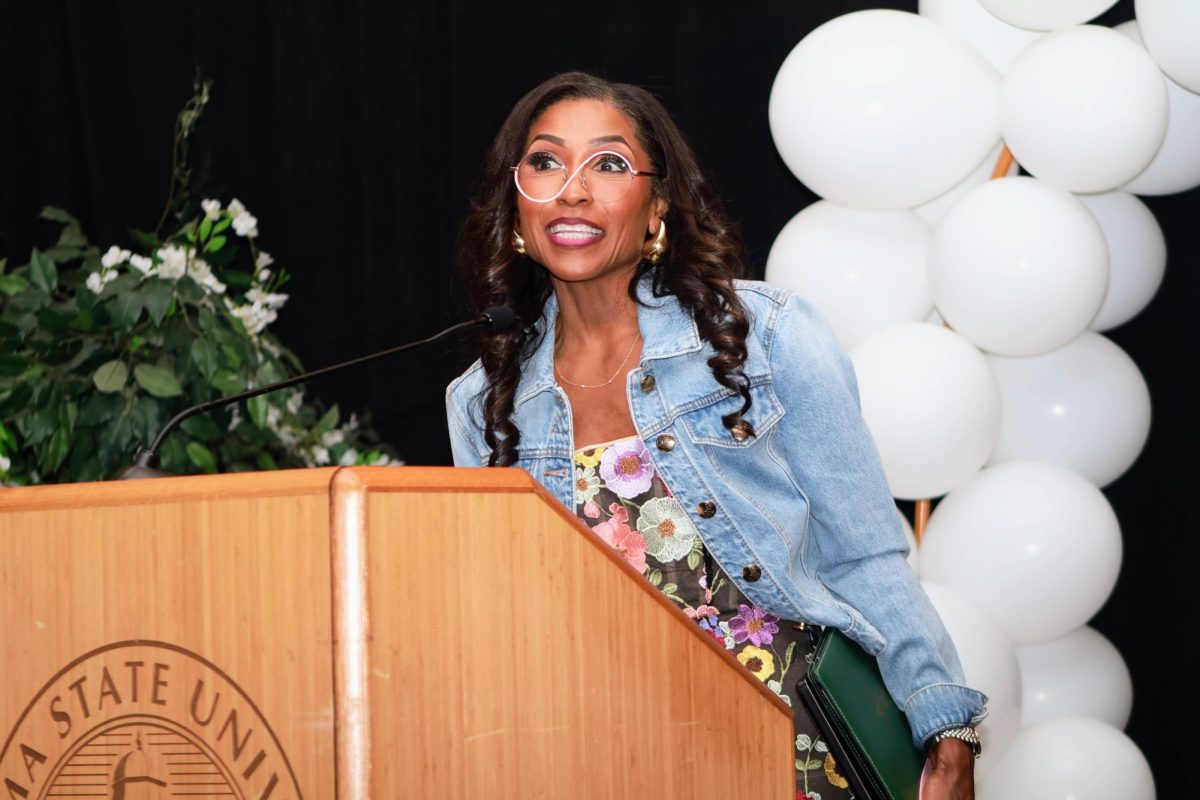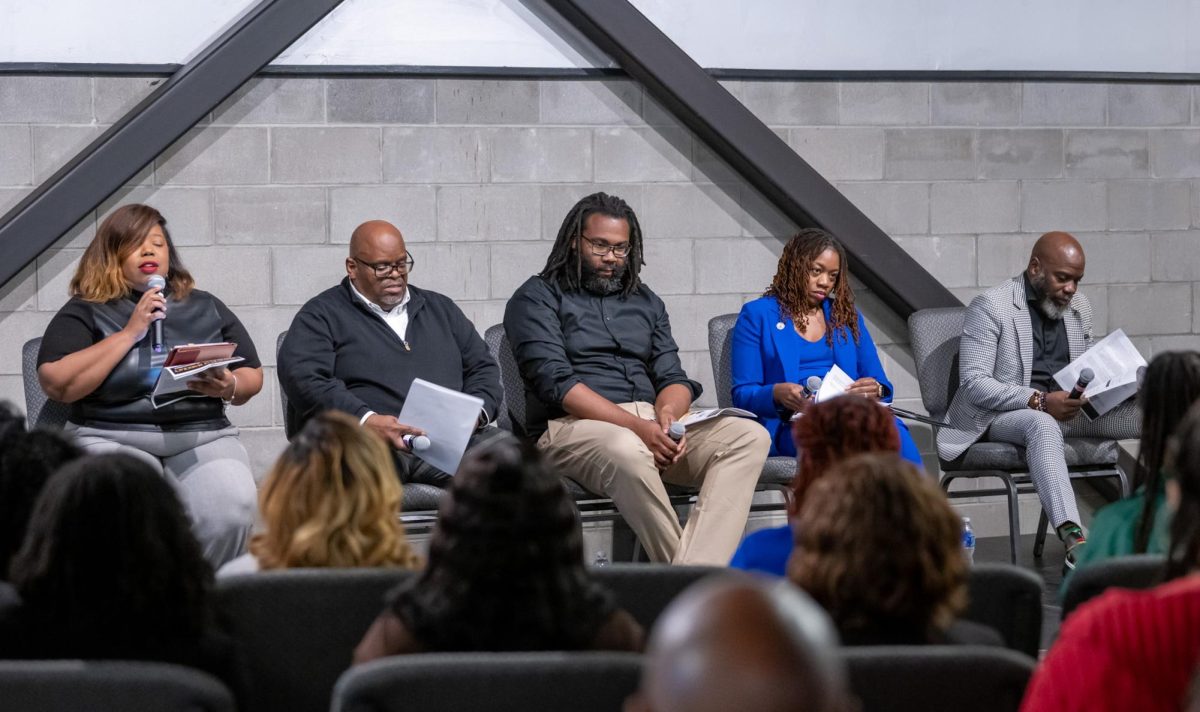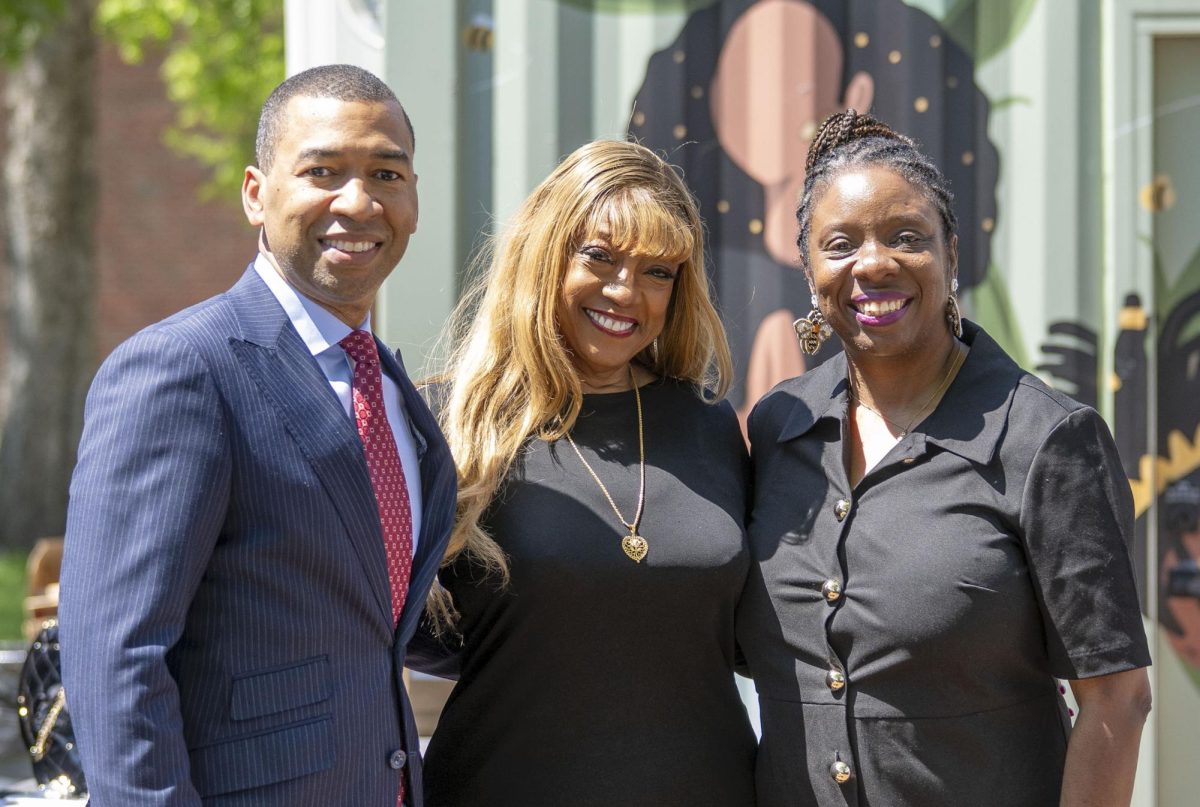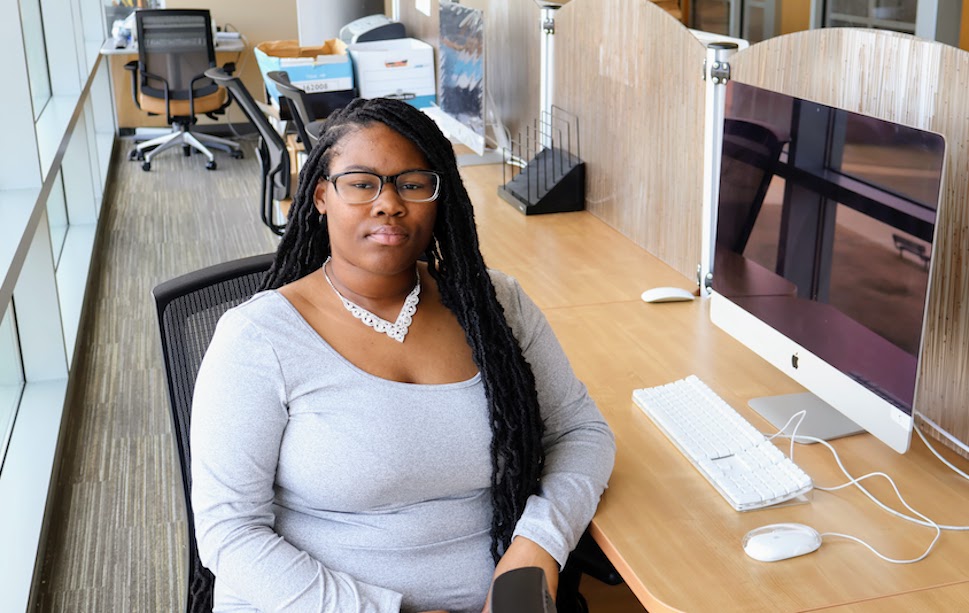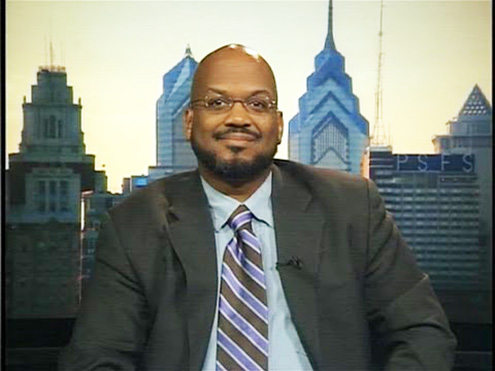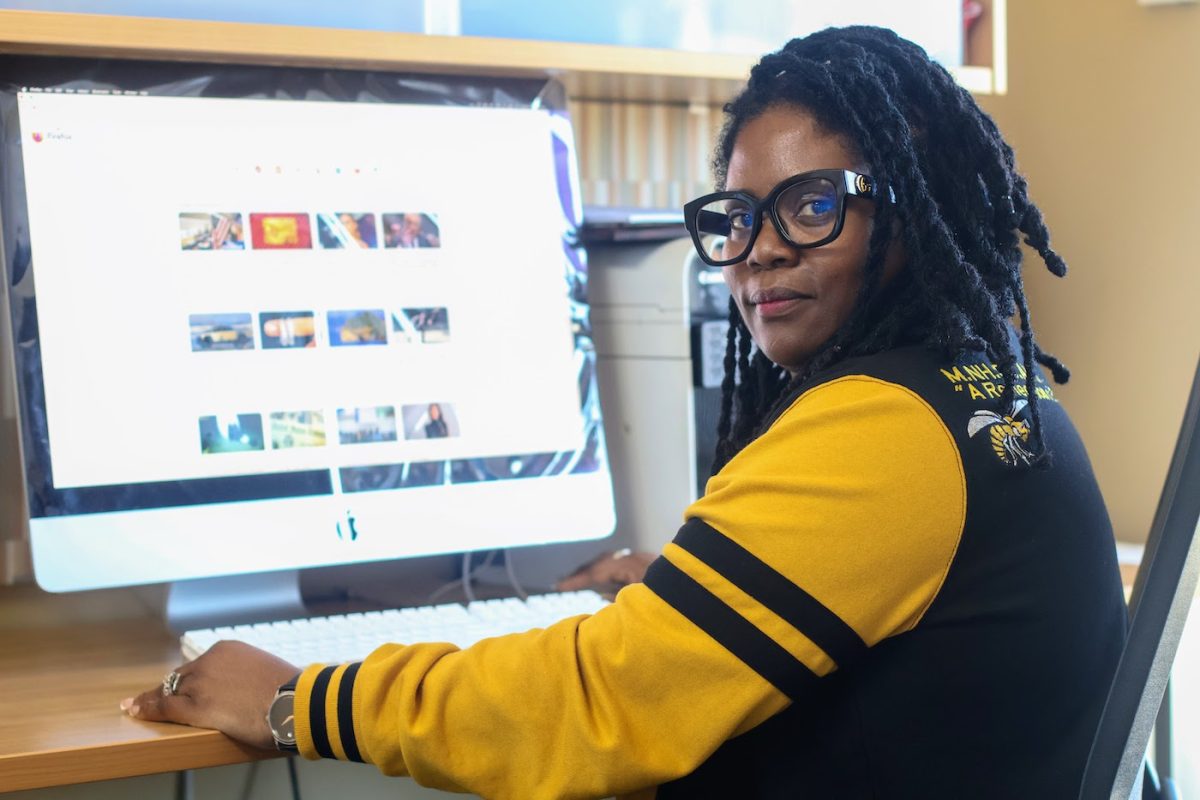For centuries, Black people have struggled to overcome the trauma and scars of over 400 years of enslavement. The impact of this history is deeply embedded in the societal structures and attitudes that continue to marginalize us. It is not just the systemic barriers we face but the internalized oppression that often makes it difficult to break free from the cycle.
In many ways, it seems as though raising the bar for ourselves is a constant uphill battle, one where we not only have to fight against external forces but sometimes, sadly, against our own actions and choices.
The struggle to elevate our community is made even more difficult by the fact that we are often our own worst enemy. For too long, the media and societal perception have painted a one-dimensional picture of who we are as a people. And tragically, we sometimes contribute to that image. From Black individuals justifying the actions of those who consistently devalue and disparage us, to celebrating behaviors that reinforce stereotypes. It is clear that we are struggling with how to represent ourselves in a way that elevates our community as a whole.
Take, for instance, the current cultural obsession with figures like President Donald Trump. It is perplexing and frustrating to see Black people publicly defending his actions, when his entire political career has been steeped in rhetoric that harms our community. This willingness to overlook the harm that he has caused is baffling, yet it persists.
This phenomenon is not limited to politics but extends into cultural arenas as well. Consider the focus on behaviors like twerking at voting rallies, or the unnecessary use of slang and African American Vernacular English (AAVE) in professional settings. While there is a time and place for everything, these behaviors are often used in ways that perpetuate the idea that we must lower our standards to meet the masses where they are, instead of raising the bar.
This is not just a matter of personal preference, it is a question of how we present ourselves to the world. Every time we allow ourselves to be represented by figures like Kodak Black and Waka Flocka, we are reinforcing a vision of Blackness that is often tied to stereotypes of degeneracy. While these individuals may find success within certain niches of the entertainment industry, the question remains: Why is it that these are the figures who are elevated as representing the Black community? The shame is that this formula is working, as these figures seem to capture attention with their antics and antics alone, rather than any substantive contributions.
What is even more disheartening is the way in which individuals who are capable of providing facts, knowledge, and high standards are often ignored or dismissed.
It is as if the moment someone with intellect, experience, and a well-informed perspective speaks up, the masses become uninterested, as if their minds turn off altogether. It is as if we, as a collective, have chosen the path of ignorance, rejecting any opportunity to engage in meaningful dialogue for the sake of entertainment or simplicity.
But the question we must ask ourselves is: Why do we do this? Why do we choose to embrace the loudest, most outlandish voices in our community, only to disregard those who are doing the hard work of elevating us?
Part of this comes down to the reluctance to listen. Many would rather stay loud and wrong, sticking to comfortable narratives that fit their worldview, rather than doing the research and putting in the effort to understand the complexities of our history, our present, and the ways in which we can move forward.
The truth is, we do not have to lower the bar to reach the masses. We do not have to dumb ourselves down or simplify our culture in order to be heard. The idea that we have to “meet people where they are” at the expense of our dignity and intelligence is a harmful and misguided notion. Instead, we should aim to raise the bar, demanding higher standards for ourselves and our community. We should no longer settle for being represented by individuals who only reinforce negative stereotypes. We must strive to show the world that Blackness is multifaceted, intelligent, and capable of contributing to society in profound ways.
When we lower the bar, we only reinforce the negative perceptions that already exist about us. We allow others to continue thinking of us as less than, as if we do not deserve the same respect and recognition as other communities. But the reality is that we do. And the moment we start demanding higher standards for ourselves, the world will be forced to acknowledge us for the powerful, intelligent, and innovative community that we are.
We should be offended when the mainstream media or the larger society assumes that individuals like Kodak Black or Waka Flocka represent us. Not because they do not deserve success in their own right, but because they represent a narrow and damaging image of what it means to be Black. We have so much more to offer than what is often shown, and it is time to stop allowing ourselves to be confined to these limited portrayals.
It is important to remember that the fight for respect, dignity, and equality is ongoing. We need to continuously challenge ourselves to be better, to do better, and to refuse to let the world dictate how we are viewed. It is time to raise the bar, for ourselves and for future generations. We owe it to ourselves and to our ancestors, who fought tirelessly for the freedoms we now enjoy, to demand better representation and to showcase the true diversity and strength of our community. We must hold ourselves and others accountable for how we present Blackness to the world—and it starts with raising the bar, not lowering it.
Categories:
Supporting growth does not mean we must lower standards
Ashonti Shaw, Editor-in-Chief
March 29, 2025
Ashonti Shaw, a senior communications major whose focus is communications studies, is serving as the editor-in-chief of The Hornet Tribune for the 2024-25 academic year. She is a native of Benton Harbor, Michigan and hopes to pursue a career in communications after her graduation in May.
Story continues below advertisement
0
More to Discover




